The Intimacies of Conflict: Cultural Memory and the Korean War Hardcover – November 3, 2020 by Daniel Y. Kim
HARDCOVER
[336 pages]
PUB: November 03, 2020
Description
Enables a reckoning with the legacy of the Forgotten War through literary and cinematic works of cultural memory
Though often considered “the forgotten war,” lost between the end of World War II and the start of the Cold War, the Korean War was, as Daniel Y. Kim argues, a watershed event that fundamentally reshaped both domestic conceptions of race and the interracial dimensions of the global empire that the United States would go on to establish. He uncovers a trail of cultural artefacts that speaks to the trauma experienced by civilians during the conflict but also evokes an expansive web of complicity in the suffering that they endured.
Taking up a range of American popular media from the 1950s, Kim offers a portrait of the Korean War as it looked to Americans while they were experiencing it in real time. Kim expands this archive to read a robust host of fiction from US writers like Susan Choi, Rolando Hinojosa, Toni Morrison, and Chang-rae Lee, and the Korean author Hwang Sok-yong. The multiple and ongoing historical trajectories presented in these works testify to the resurgent afterlife of this event in US cultural memory, and of its lasting impact on multiple racialized populations, both within the US and in Korea. The Intimacies of Conflict offers a robust, multifaceted, and multidisciplinary analysis of the pivotal―but often unacknowledged―consequences of the Korean War in both domestic and transnational histories of race.
| Weight | 1.4 lbs |
|---|---|
| Dimensions | 9 × 6 × 0.88 in |
| Author | |
| Format | |
| ISBN-10 | |
| Language | |
| Publisher | |
| Publication Date |
Be the first to review “The Intimacies of Conflict: Cultural Memory and the Korean War Hardcover – November 3, 2020 by Daniel Y. Kim”
You must be <a href="https://webdelico.com/my-account/">logged in</a> to post a review.

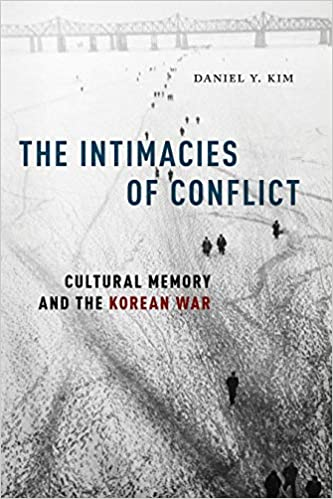
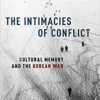

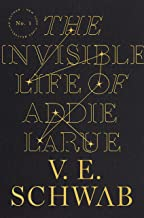
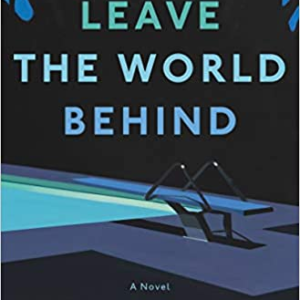

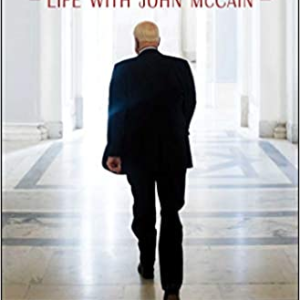

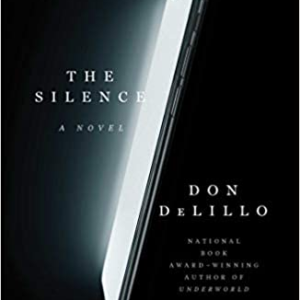
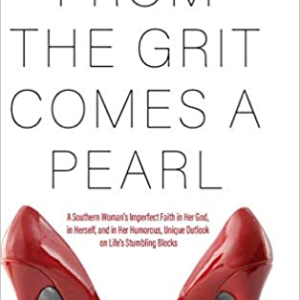

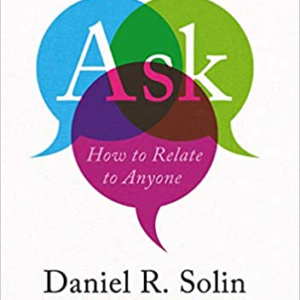


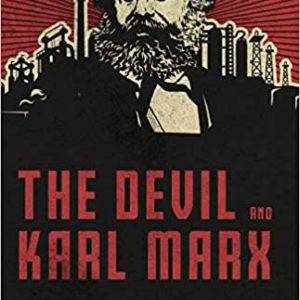



















There are no reviews yet.